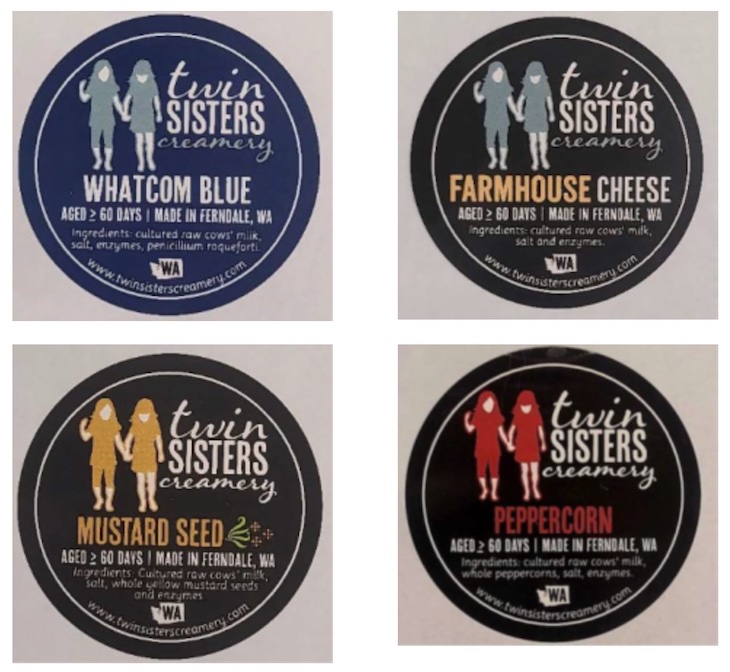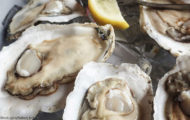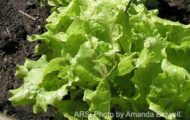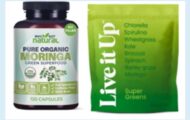Twin Sisters Creamery raw milk cheese has sickened at least three people; one in Washington and one in Oregon, with E. coli O103. One of the patients is a child under the age of five, and two are adults. Illness onset dates range from September 5 to September 16, 2025. The dairy is located in Ferndale, Washington, in Whatcom County. The firm is cooperating with this investigation.

The Washington State Department of Health is working with the Oregon Health Authority and federal partners to investigate this Shiga Toxin-Producing E. coli (STEC) outbreak. Molecular fingerprinting of the bacteria from the three cases is “extremely similar,” suggesting that a common source is the cause of these illnesses.
The patient from Oregon said he consumed the Twin Sisters Creamery raw milk cheese before getting sick. The cheese is made from raw, unpasteurized milk and is aged at least 60 days to potentially reduce pathogens. An unopened, leftover cheese sample teated positive for E. coli O103 and the DNA finger print is very similar to patient isolates. A second, unopened sample of the cheese collected from a retail location by the Washington State Department of Agriculture also tested positive for STEC.
As a result of this investigation, all sizes of Whatcom Blue, Farmhouse, Peppercorn, and Mustard Seed varieties of aged raw milk cheese from the Creamery produced on or after 5/27/2025 are being recalled. The recalled products are:
#450 Made on 5/27/2025 – Batch Code 250527B Whatcom Blue
#452 Made on 6/10/2025 – Batch Code 250610B Whatcom Blue
#454 Made on 6/18/2025 – Batch Code 250618B Whatcom Blue
#455 Made on 6/24/2025 – Batch Code 250625B Whatcom Blue
#451 Made on 6/03/2025 – Batch Code 250603F Farmhouse
#453 Made on 6/16/2025 – Batch Code 250616B Farmhouse
#451 Made on 6/03/2025 – Batch Code 250603P Peppercorn
#453 Made on 6/16/2025 – Batch Code 250616 Mustard Seed
Some of these cheeses may have been repackaged by grocery stores, so the original label may not be on the cheese. But the grocery store label should state the brand. If you are unsure, contact your grocer.
If you purchased any of these cheeses with those batch codes and made on dates, do not eat them. If there is no made on or batch code numbers on these cheeses, do not eat them.
You can throw the cheeses away in a secure trash can with a tight fitting lid, after double bagging them so others can’t access them, or you can take them back to the store where you bought them for a full refund.
If you ate these cheeses, monitor yourself for the symptoms of an E. coli infection for the next week. IF you do get sick, see your doctor. You should also monitor yourself, and especially any children who ate these cheeses, for symptoms of hemolytic uremic syndrome (HUS), a complication of a STEC infection that can be deadly.

If you have been sickened with a food poisoning infection, please contact our experienced attorneys for help with a possible lawsuit at 1-888-377-8900 or text us at 612-261-0856. Our firm represents clients in lawsuits against grocery stores, restaurants, and food processors.




